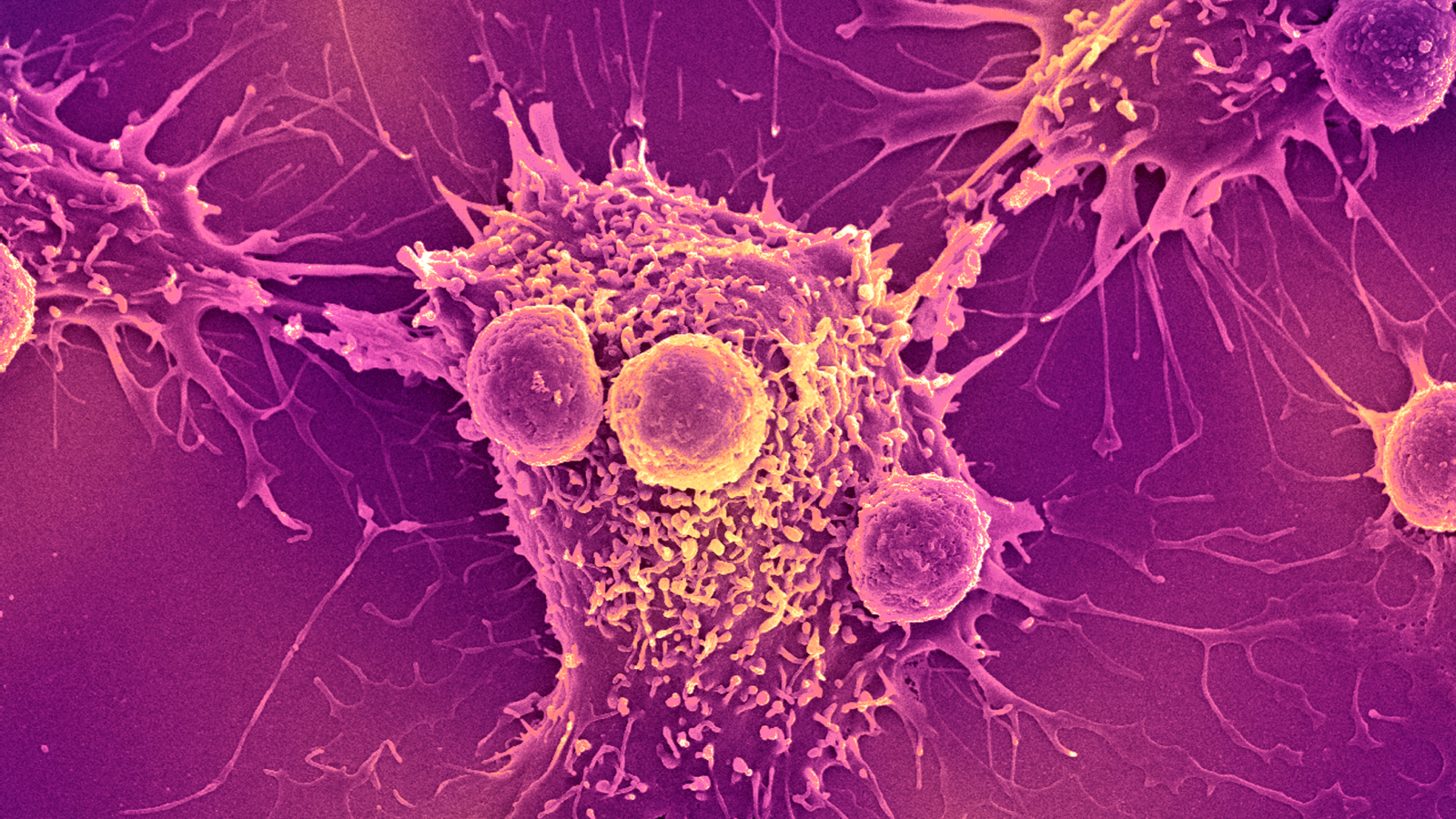T4K3.news
New breast cancer test shows promise
A new test can predict breast cancer recurrence risk just two weeks after treatment begins.

This innovation aims to provide better treatment strategies for breast cancer patients.
New test may change breast cancer treatment decisions
A new test taken two weeks after starting treatment for breast cancer can predict the likelihood of the disease returning. This breakthrough may help spare many patients from unnecessary therapy while allowing others to receive more intensive care sooner. Researchers from The Institute of Cancer Research, London, found that hormone therapy changed some tumors' characteristics, helping to identify patients at higher risk of relapse. The findings, published in eBioMedicine, suggest that those with Luminal B tumors—accounting for 6 percent of the patients studied—may require more aggressive treatment. Experts emphasize the importance of personalized care in treating breast cancer, particularly in the common subtype known as estrogen receptor positive, HER2-positive.
Key Takeaways
"To deliver truly personalised care, we need to refine how we classify breast cancer."
Dr Maggie Cheang emphasizes the importance of personalized treatment strategies.
"There's potential for women to benefit hugely from this research in the future."
Dr Simon Vincent highlights the positive implications of the research for women with breast cancer.
The introduction of this test represents a significant shift in how breast cancer treatment is approached. Personalized treatment is becoming increasingly important in oncology, and this innovation could vastly improve outcomes for many patients. By identifying patients who require more intensive therapy sooner, healthcare providers can optimize their treatment plans, potentially leading to better health outcomes. However, with these advancements comes the need for careful integration into current medical practices and education for both doctors and patients.
Highlights
- This test could redefine how we treat breast cancer
- Personalized care is the future of oncology
- The ability to tailor treatment sooner is revolutionary
- Decoding tumor biology will enhance patient outcomes.
Risk of public reaction to treatment changes
As new testing methods emerge, there may be concerns about how standard treatment practices will adapt. Patients and healthcare providers might react strongly to shifts in therapy protocols, impacting public trust.
As the field of personalized medicine advances, patient outcomes may improve significantly in the future.
Enjoyed this? Let your friends know!
Related News

Emerging research links cancer drugs to Alzheimer’s treatment

Universal cancer vaccine begins human trials

Alzheimer’s treatment advances with two cancer drugs

New treatments for thread veins announced

Research shows stevia may combat pancreatic cancer

Mum of one advocates for cancer awareness

Common viruses may reactivate dormant cancer cells

Breakthrough mRNA vaccine shows potential to treat cancer
